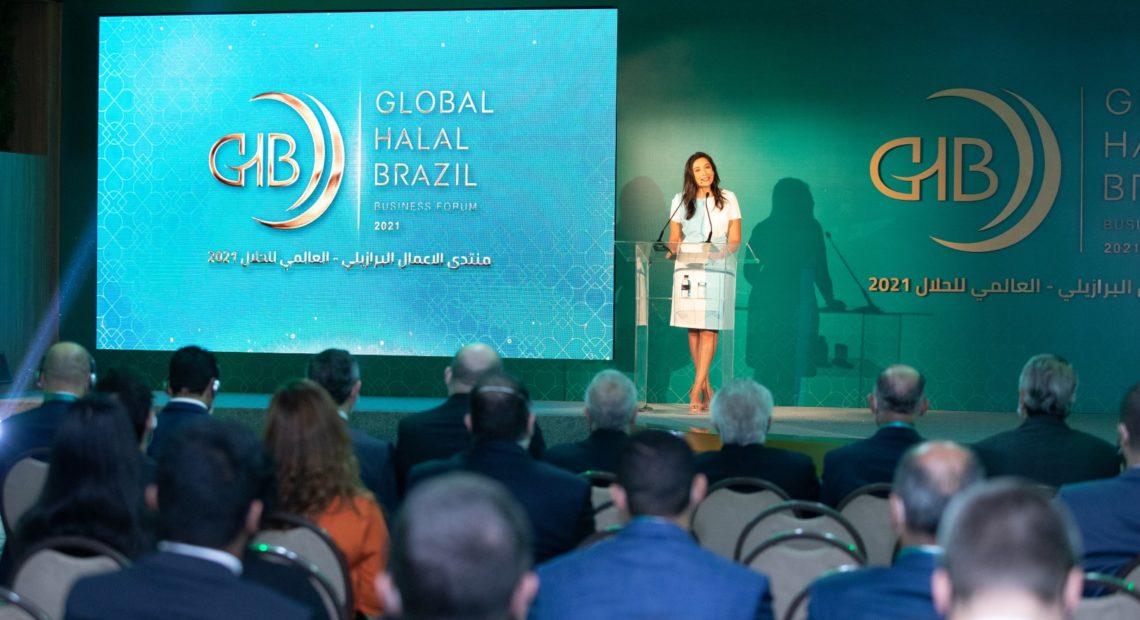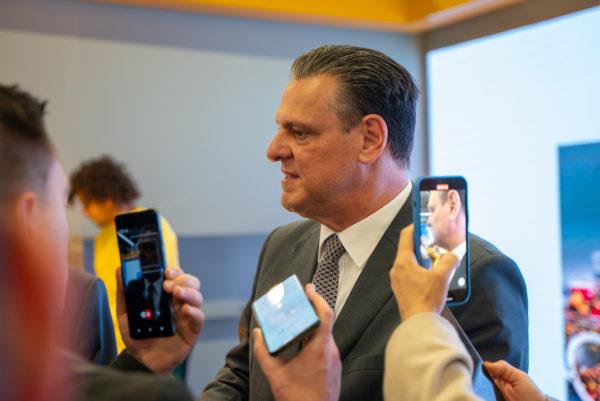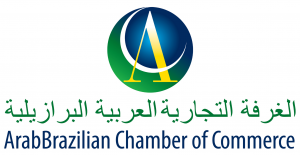Apéu Polpas, Fitobel, and Bellamazon Açaí have already joined, and other companies in the state are interested in the project to bring Brazilian foods to Muslim markets through training, commercial promotion, and support for certification.
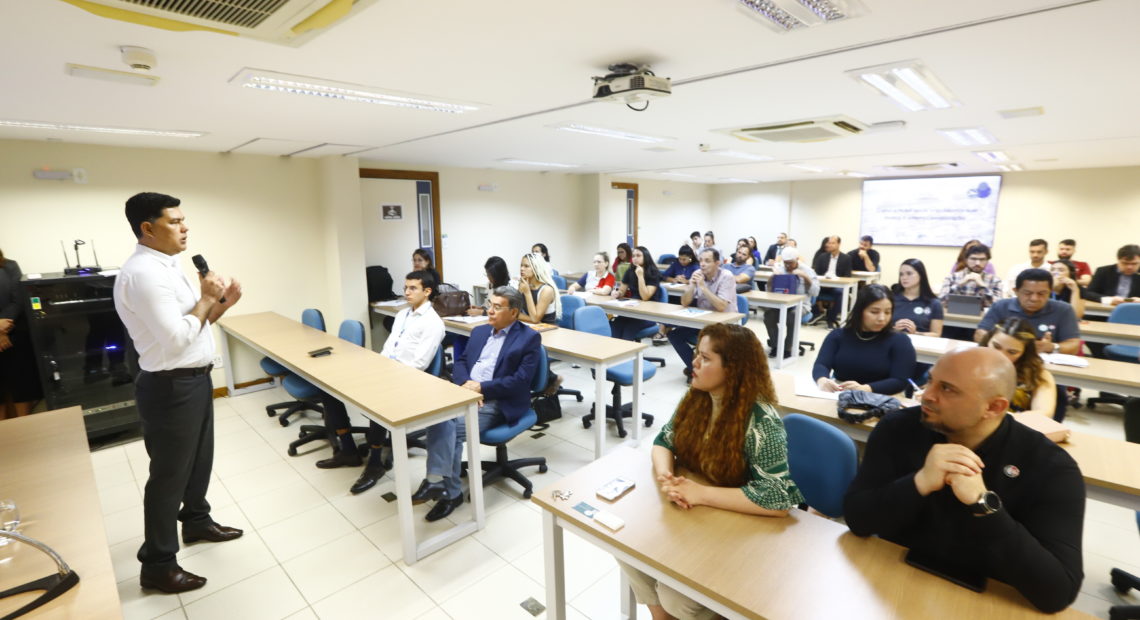
Bruna Garcia Fonseca
bruna.garcia@anba.com.br
São Paulo – Companies from the northern Brazilian state of Pará joined the Halal Brazil Project this week after the event “How halal can boost your brand’s internationalization” held in Belém by the Arab Brazilian Chamber of Commerce (ABCC) and the Brazilian Trade and Investment Promotion Agency (ApexBrasil).
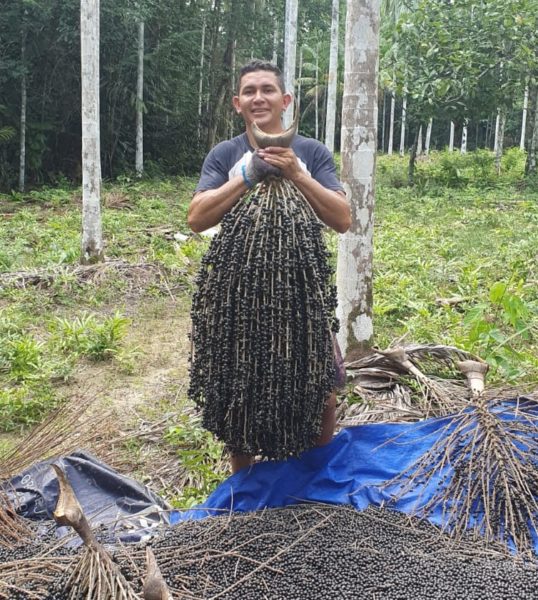
Fitobel sells honey and honey-based products, Bellamazon Açaí sells açaí pulp, freeze-dried açaí powder, açaí mix, and other ready-to-eat products, and Apeú Polpas sells açaí and pulps of fruits typical to the Amazon region. Other companies in the state are also interested in the project to facilitate the entry of Brazilian products into Muslim markets through training actions, commercial promotion, and support for certification.
The manager of Internationalization Projects of the ABCC, Fernanda Dantas, went to Belém on a schedule of visits to companies from Monday (26) to Wednesday (28), accompanied by a team from the institution and ApexBrasil. The workshop took place on Tuesday (27), and around 50 company representatives participated. “The event was full,” said Fernanda.
Companies need to express interest and fill out a membership term to join the project. Then they can participate in trade promotion actions and apply for support to obtain halal certification. Fernanda stressed support for certification is only valid for the first qualification. Companies that already have certification or are seeking renewal can participate in the project but will not receive financial support for certification. “A slaughterhouse already has certification and is interested in participating because it exports occasionally and wants to increase sales abroad,” exemplified the manager.
The director and owner of Bellamazon, Francisco Ferreira, said he has already exported a container to Dubai, in the UAE. According to Ferreira’s assessment, it also ships to China, the United States, and Canada, but the company’s participation in the international market is still tiny. In the national market, Bellamazon supplies mainly Rio de Janeiro.
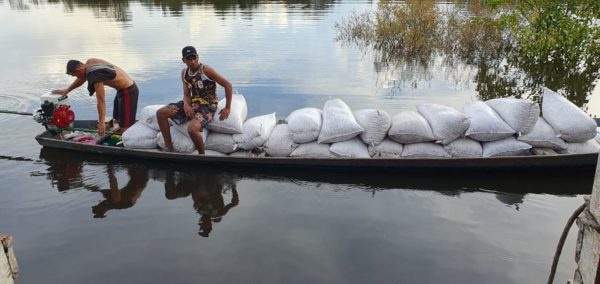
The company was founded in 2002 by Ferreira, who comes from a riverside community in the Amazon rainforest, and today produces 100 tonnes a day in each harvest at the plant in Marituba, close to the state’s capital, Belém. The director said he is building a new plant in Abaetetuba, his hometown, with a capacity to produce 200 tonnes of açaí per day. “We have an organic plantation of 1,000 hectares of cultivated area in Pará and another 760 hectares in Amazonas, so we have açaí all year round,” he said.
He claims the company is structured to serve the entire world. “I want the halal certificate to be able to increase sales; that’s the main goal,” said Ferreira, optimistic.
Raimundo Vogado, partner-owner of Fitobel, said the honey he produces is of two types, from native bees, without sting, and Africanized bees, with a sting, which has the best-known, most familiar flavor. There are about 25 products between pure honey and mixes, such as honey with propolis, copaiba, and others. The plant is located in Belém. “We are ready to export,” declared Vogado to ANBA. The company has been in the process of internationalization for two years.
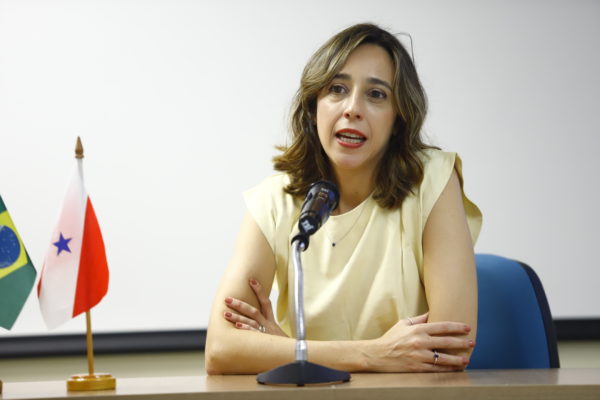
Manager Fernanda Dantas
The owner stated he wants the halal certificate to sell to the Arab countries, as they are a high-income market. Vogado knows the Arabs often use honey in their sweets and said Pará has an Arab influence, mainly Lebanese.
The Halal Brazil Project has three phases: training, in which companies not yet certified receive information and are made aware of halal; training for companies interested in receiving the halal seal; and commercial promotion, with participation in shows and international missions.
The project aims to increase Brazilian participation in markets with sizeable Muslim populations, mainly with value-added foodstuffs. The project’s investment will be BRL 15.4 million (about USD 3.19 million at the current rate) to insert 500 Brazilian companies in this market in up to 30 months.
The workshop was held by the Halal Brazil Project, promoted by the ABCC, ApexBrasil, the Brazilian Ministry of Development, Industry, Trade, and Services, and the Federal Government, in partnership with the Federation of Industries of the State of Pará (Fiepa) and the International Business Center of Pará (CIN).
Translated by Elúsio Brasileiro

